Plug-in hybrid powertrains have been a lifeline for company car drivers in a world of ever-increasing taxation. With current company car tax rates favouring vehicles with CO2 emissions of less than 50g/km, even bigger savings can be made when opting for vehicles with longer zero-emission ranges.
We've selected 10 plug-in hybrid cars, using data from the Fleet News Car Running Costs Tool, that are cost effective for both businesses and drivers.
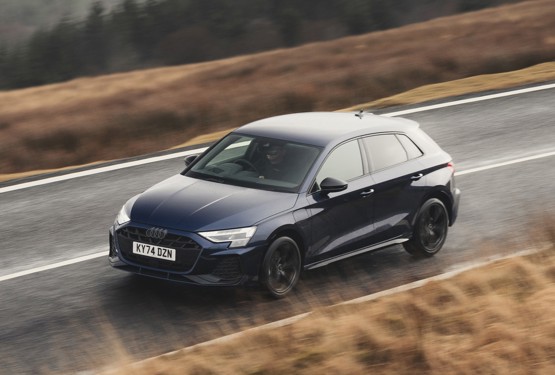
Price: £39,125
BiK: 6%
While the Audi A3’s most recent facelift didn’t bring any major changes to its looks, more significant improvements were implemented beneath the skin. There’s an all-new plug-in hybrid powertrain that uses a battery with almost double the capacity of the old model.
The 25.7kWh unit provides an electric range of up to 88 miles and features faster charging. Up to 11kW using AC and, for the first time, DC fast charging at 50kW.
Performance remains as before, with the new system providing the same 204PS output as the old car. The electric motor is able to give greater assistance to the 1.5-litre petrol engine and it has a more advanced recouperation system to maximise the electric driving range.
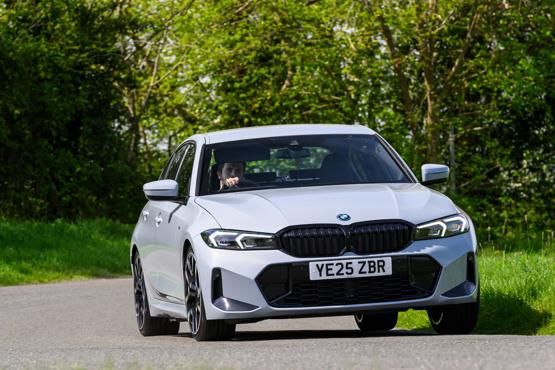
Price: £46,930
BiK: 9%
The 330e is one of the most popular plug-in hybrids on sale, yet BMW has found a way to make it even better for 2025. A larger battery enhances the car’s zero-emission range and drops it into the 9% benefit-in-kind tax band.
With a 22.3kWh capacity, the new unit boosts range from under 40 miles to 63. It’s paired with the same 2.0-litre petrol engine, which gives a great blend of performance and efficiency.
The 3 Series continues to deliver a top-drawer driving experience with a compact, nimble chassis and an impressive 292PS power output.
Real-world efficiency is easily on par with a diesel and drivers benefit from greater refinement when running on electric power.
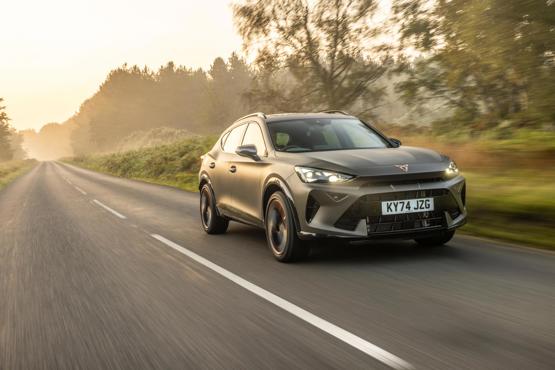
Price: £41,455
Bik: 6%
Cupra resonates well in the fleet market by offering smart and practical cars with a sporty edge. The Formentor embodies those principals perfectly as a compact SUV. It has sharp styling that sets it apart on the road, while the interior is spacious and family friendly.
Two plug-in hybrid powertrains are offered, with either 204PS or 272PS. They both use the same basic hardware which consists of a 1.5-litre petrol engine and a 25.8kWh battery. With a zero-emission range of up to 77 miles, all versions sit in the 6% BiK band.
It’s more characterful than rival models, with keener handling and more aggressive styling, yet when it comes to sensible factors like running costs it’s also among the best in class.
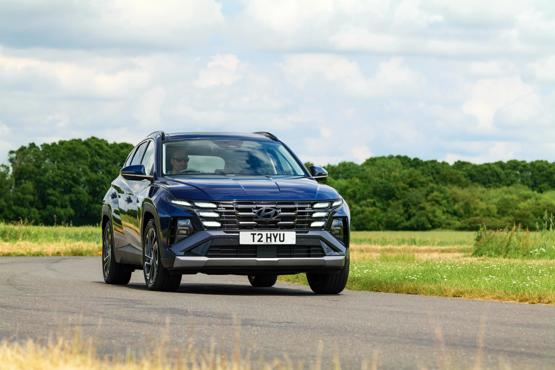
Price: £39,220
BiK: 9%
Recent updates have taken the Tucson from strength-to-strength and boosted its fleet appeal. The car’s eye-catching styling has been sharpened and its upmarket interior made even more premium.
More importantly, tweaks to the powertrain improve the Tucson’s zero-emission range to 43 miles. The hybrid battery is smaller than most, at 13.8kWh, but it uses power efficiently. When the electric motor is deployed alongside the 1.6-litre petrol engine there’s a healthy 252PS output.
Ride and handling are impressive, for a family SUV, and there’s plenty of tech on board to improve the value proposition.
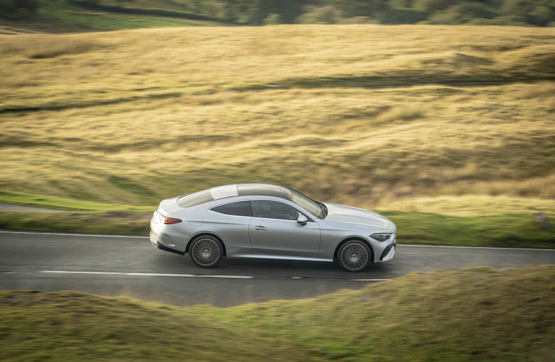
Price: £60,555
BiK: 9%
The sleek Mercedes CLE deserves a mention in this list as it’s the only two-door coupe available with plug-in hybrid power. It utilises the powertrain and underpinnings from the C-Class and E-Class in a more attractive body.
It's an upmarket executive car with a classy interior, great technology and good performance. While rear-seat space is a little cramped, for those that don’t need to carry more than one passenger regularly, the CLE is an excellent choice.
The car has a 25.4kWh battery, giving a range of up to 52 miles. That means just 9% BiK tax, while combined power output is 308PS.
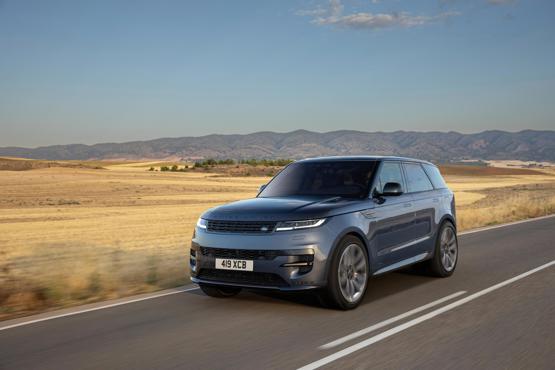
Price: £90,145
BiK: 6%
While it may only be available to a small pool of drivers, the Range Rover Sport is a plug-in hybrid that is hard to overlook. That’s why it was given the Driver’s Choice Award at the 2023 Fleet News Awards.
It’s one of only a few cars to attract 6% BiK tax, which means a 40% taxpayer will pay just £180 per month for the privilege of having one on their driveway.
A 38.2kWh battery gives a zero-emission range of 70 miles and the car also features 50kW rapid charging, allowing a re-charge in less than an hour.
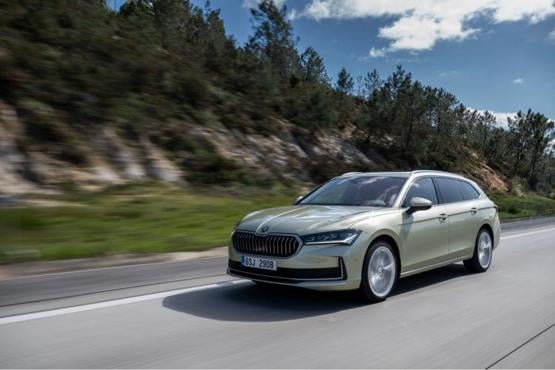
Price: £41,410
BiK: 6%
The Skoda Superb is a car that ticks a lot of boxes for company car drivers. Its large, comfortable and easy to drive. Pricing is also very competitive.
Its plug-in hybrid powertrain is capable of more than 70 zero-emission miles, too, meaning company car tax of 6%. It uses a new 1.5-litre petrol engine, with a giant 25.7kWh battery.
Only an estate body is available, providing excellent practicality. There's a suite of safety and comfort features to suit long distance travel.
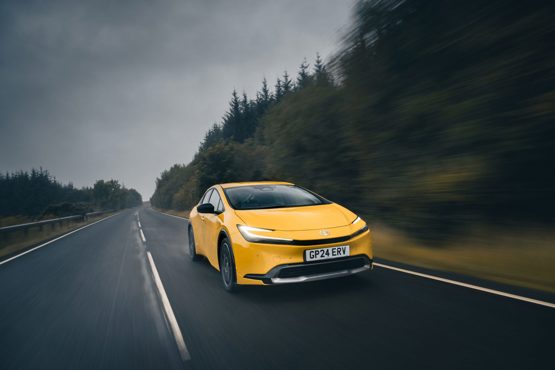
Price: £37,730
BiK: 9%
Toyota was the original pioneer of hybrid powertrains and its latest Prius model continues to set a benchmark.
The third-generation Prius promises greater fuel economy, emissions efficiency and EV driving capability.
Powered by a 2.0-litre plug-in hybrid system that delivers 223PS, up to 53 miles of EV driving range is possible. For longer trips, or when charging is not practical, the plug-in hybrid system has a combined CO2 emissions rating of 12g/km – the lowest yet for a Prius.
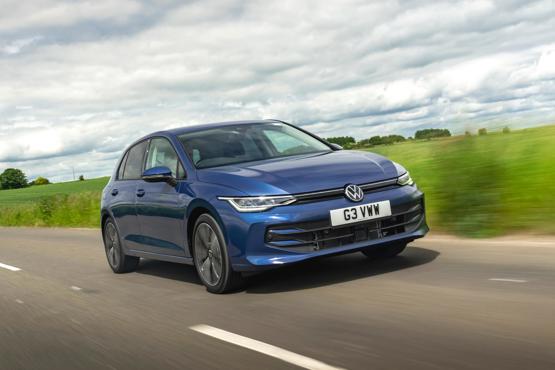
Price: £36,115
BiK: 6%
The Golf has always been a strong fleet performer and the latest eHybrid version is no exception. It’s cheap, well-equipped and great to drive.
Power comes from the VW Group’s new 1.5-litre petrol engine, which replaced the outgoing 1.4-litre unit. Battery capacity has almost doubled, with the Golf plug-in hybrids now using a 25.7kWh pack. This gives a zero-emission range of almost 90 miles, dropping them into the 6% BiK tax band.
The regular eHybrid produces 204PS, while a sportier GTE version is also available with 272PS.
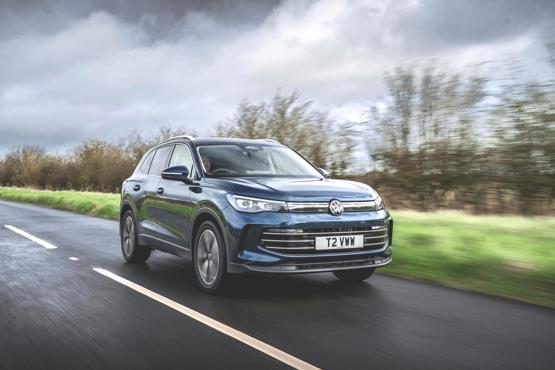
Price: £42,500
BiK: 6%
The third generation Tiguan adopts new styling inside and out that is closer aligned to VW’s ID electric car range. You get smoother lines, for better aerodynamics, and a dashboard that relies heavily on its touchscreen display.
There’s no electric powertrain for the Tiguan, however. It shares the same eHybrid units available in the Golf.
As such, the Tiguan eHybrid is capable of up to 77 miles using electricity, this means it slips into the 6% BiK band.
VW offers two power outputs: 204PS and 272PS. Both variants are capable of 11kW AC charging and will also support 50kW rapid charging.







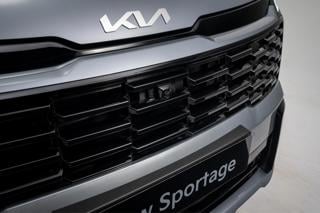















Login to comment
Comments
No comments have been made yet.